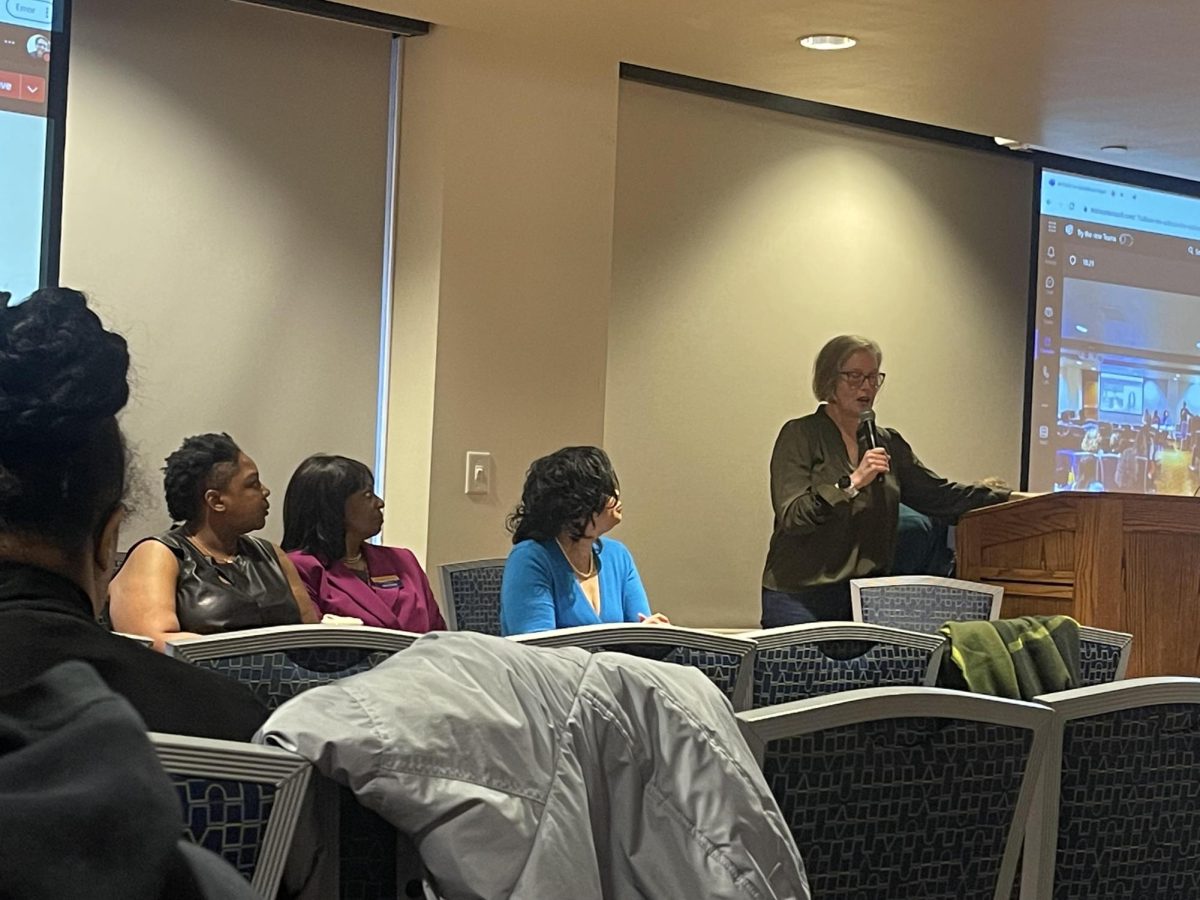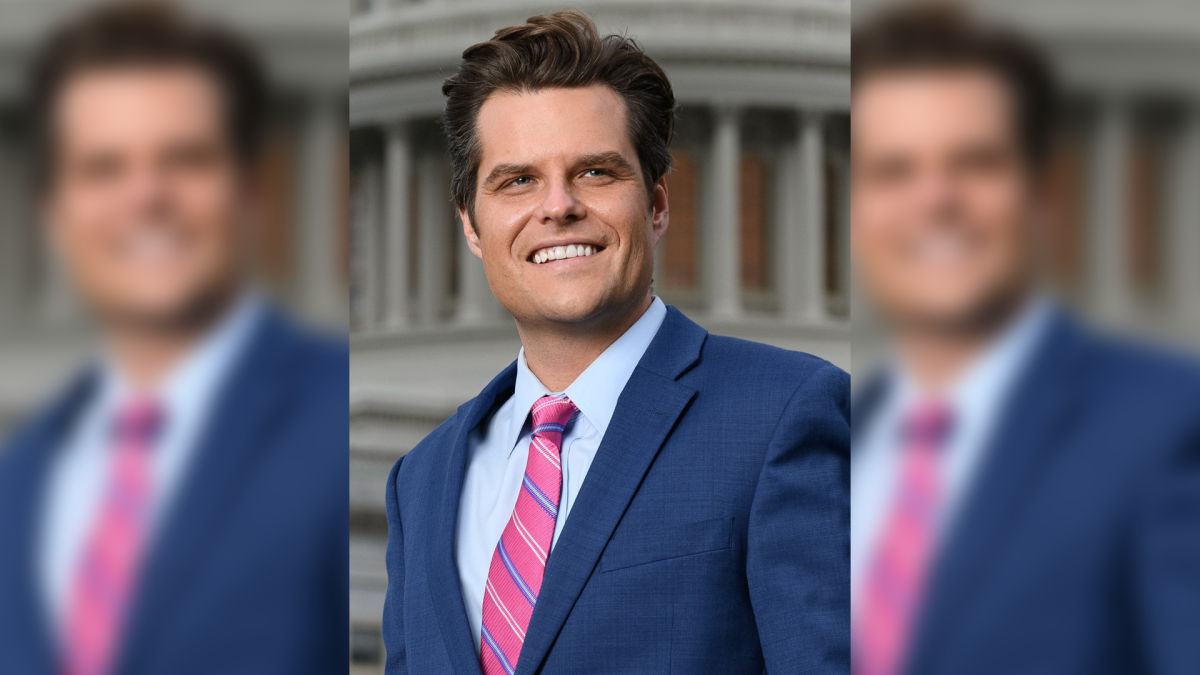The Anti-Racism and Equity Institute (AREI) welcomed activist-in-residence Jazmin Long at a public screening of “Toxic: A Black Woman’s Story” to discuss the issue of racism in the medical field on Feb. 6.
Jazmin Long is the president and CEO of Birthing Beautiful Communities, a non-profit community of professionals trained in childbirth who provide support to Black women with high risk of pregnancy related issues in Ohio.
“This is not one woman or person’s experience. This is the experience of several families, so this is real. This is what several black families are experiencing across this country,” Long said.
The film “Toxic” was created by the Pregnancy and Infant Loss Society with the goal of explaining African American infant mortality by portraying families who have experienced infant loss.
“Toxic” is centered around a successful African American woman named Nina, who is in her second trimester of pregnancy. The film depicts how the building up of chronic stress from her daily life impacts her mental health and well-being.
Nina’s concerns about her pregnancy were dismissed in the hospital. Due to toxic stress, Nina lost her infant after birth.
The film portrays issues behind multilayered racism that African American people feel on a daily basis, such as hair discrimination, microaggressions in grocery stores, the fear of police and broadcasting police brutality on the news.
“Black women are three times more likely to die from a pregnancy-related cause than White women,” director of AREI Carla Goar said to introduce the movie.
Long said that people try to justify the rate that African American women lose their infants compared to White women.
“I enjoy the film ‘Toxic’ because so often people think wrongly, and I always have to correct the narrative, that people are losing their babies because they don’t care, they are not getting nutrition services, they are not going to the doctors, they’re not seeking the care that they actually need,” Long said. “No, they are going to the doctors, but they are not being listened to. They are asking for help, but they are not receiving the help, they are being silenced.”
Data from the CDC shows that people belonging to racial and ethnic minority groups experience higher rates of illness and death.
The panel discussion that occurred after the movie consisted of Jazmin Long, dean Versie Johnson-Mallard, Dr. Shawana Moore, Angela Neal-Barnett and Clare Stacey.
Shawana Moore, associate professor of nursing at Emory University, discussed how African-American and Indigenous minority groups are affected by the structural system in American hospitals and society.
“Across our nation, women and birthing people are dying at abnormal rates, and we know the highest rates are among black and indigenous people,” Moore said.“It is because the structural systems that have been put in place disproportionately impact this population.”
Erin Washington, a public health graduate student, showed her appreciation for the diversity of the panel and wanted to speak through advocacy.
“Listen to black women, advocate for black women and don’t feel discouraged,” she said.
Kay Steiner is a reporter. Contact him at [email protected].





